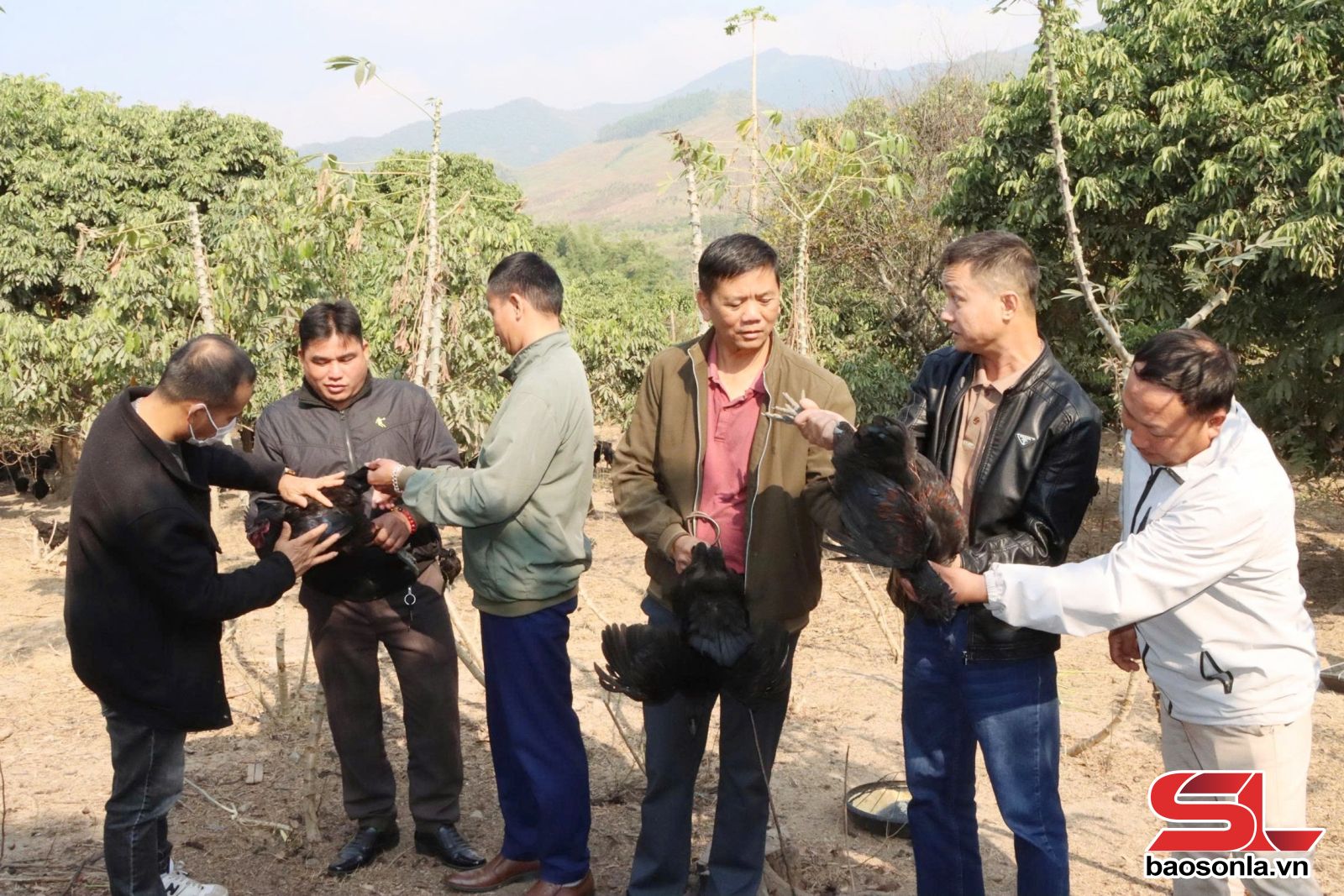
Chieng So commune has over 90% of the population being Thai and Mong ethnic people. From 2022 to now, the People's Committee of the commune has coordinated with units to open over 10 training classes, providing vocational training for nearly 500 farmer members on livestock breeding techniques, fruit tree planting, medicinal herbs, mechanical repair... helping people master techniques, boldly apply scientific advances in production.
Ms. Lo Lan Phuong, Chairman of the People's Committee of Chieng So Commune, said: In the past, due to backward farming, people's lives faced many difficulties. Since participating in vocational training classes under the National Target Program for Socio -Economic Development in Ethnic Minority and Mountainous Areas, people have changed their awareness and learned to apply new techniques in cultivation and animal husbandry. Many models such as growing longan, mango, raising buffalo and cows in cages have shown stable results. After completing short-term vocational training courses, some households have boldly borrowed capital to open businesses, repair machinery... to improve and increase their income.
In October 2024, Mr. Lo Van Tien's family in Pang village, Chieng So commune was supported with a model of raising purebred black chickens in a biosafety-oriented garden, with 1,000 breeds, mixed feed, vaccines, disinfectants, and probiotics. Mr. Tien shared: Previously, I invested in raising chickens in the hills, but due to lack of techniques, they often suffered from diseases. After attending a training course on animal breeding and disease prevention techniques, I focused on building scientific barns, using biological bedding, disinfecting and vaccinating regularly... Thanks to that, the flock of chickens developed well, selling a batch of about 350 chickens every 5 months, earning a profit of nearly 100 million VND, after deducting expenses.
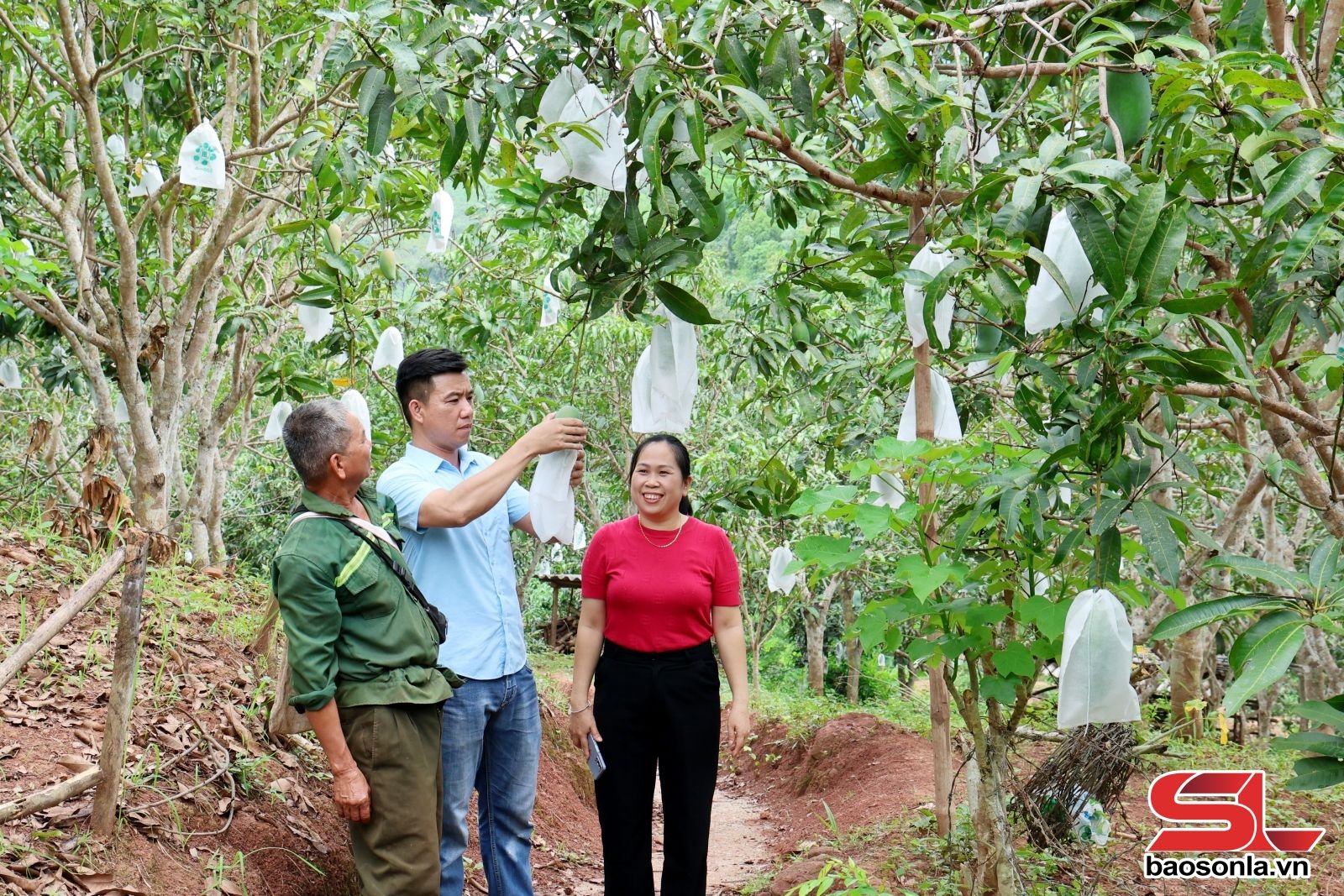
In Chieng Hac commune, over the past 4 years, the commune has also coordinated to organize 8 training courses on cultivation and livestock raising techniques for ethnic minorities. Mr. Quang Van Binh, Na Nga village, Chieng Hac commune, said: My family grows 2 hectares of green-skinned elephant mango. After participating in training courses on mango growing, I applied the production process according to VietGAP standards, using agricultural by-products as fertilizers and biological products to spray to prevent pests. My family was also supported with nearly 6 tons of organic fertilizer under the sustainable value chain project under Program 1719, thanks to which, the mango tree yield increased from 6.5 tons/ha to nearly 10 tons/ha.
Ms. Mua Thi Chia, Bo Keo village, Chieng Hac commune, shared: At the end of 2024, when the commune opened a sewing training class, I registered to participate. After 2 months of training, I mastered the basic skills and was signed a labor contract with Yen Chau Shoe Factory with a salary of 5 million VND/month. The job is suitable for my health, close to home, stable income, covered by insurance and enjoys full benefits.
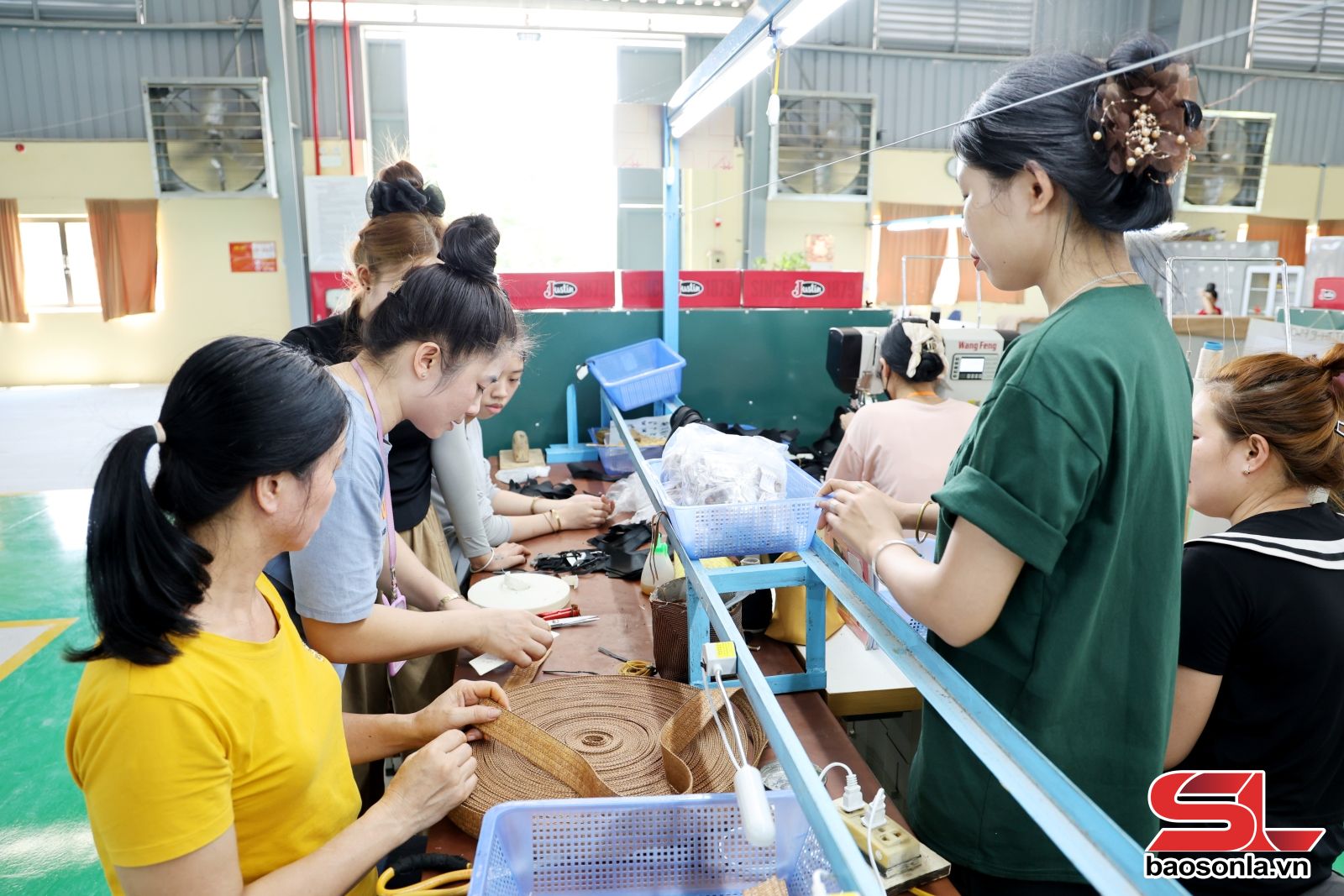
In the 2021-2025 period, from the capital source of the National Target Program for Socio-Economic Development in Ethnic Minority and Mountainous Areas, localities in the province have opened more than 500 training classes and vocational training for over 7,000 ethnic minority workers. In addition, more than 1,500 workers received job counseling and referrals; nearly 10,000 people received career counseling, start-ups and vocational training; more than 1,000 commune-level officials were trained to implement vocational training programs in ethnic minority areas. Vocational training models associated with sustainable livelihood development are flexibly implemented according to local conditions, such as cultivation, animal husbandry, garment, agricultural product processing, agricultural machinery repair, etc. Many localities also coordinate with vocational training institutions to provide counseling and job connections; support capital, means, techniques and consumption of products of trainees after vocational training. In many places, small production groups and agricultural cooperatives have been formed, directly operated by trained workers. Ethnic people have changed from learning a trade "following the trend" to learning to apply techniques, improve productivity, have stable jobs, and aim for sustainable poverty reduction.
Vocational training and livelihood support are open directions for ethnic minorities to have skills, confidence to start a business, and gradually improve the quality of life. Sectors and localities continue to review vocational training needs, organize practical training, and link vocational training with programs and projects to support production development and economic restructuring at the grassroots level. Thereby, helping people apply knowledge and skills into practice, forming sustainable livelihoods and contributing to local poverty reduction.
Source: https://baosonla.vn/xa-hoi/hieu-qua-cong-tac-dao-tao-nghe-ho-tro-sinh-ke-cho-dong-bao-dtts-xPcIi9gDg.html


![[Photo] The Third Patriotic Emulation Congress of the Central Internal Affairs Commission](https://vphoto.vietnam.vn/thumb/1200x675/vietnam/resource/IMAGE/2025/10/30/1761831176178_dh-thi-dua-yeu-nuoc-5076-2710-jpg.webp)
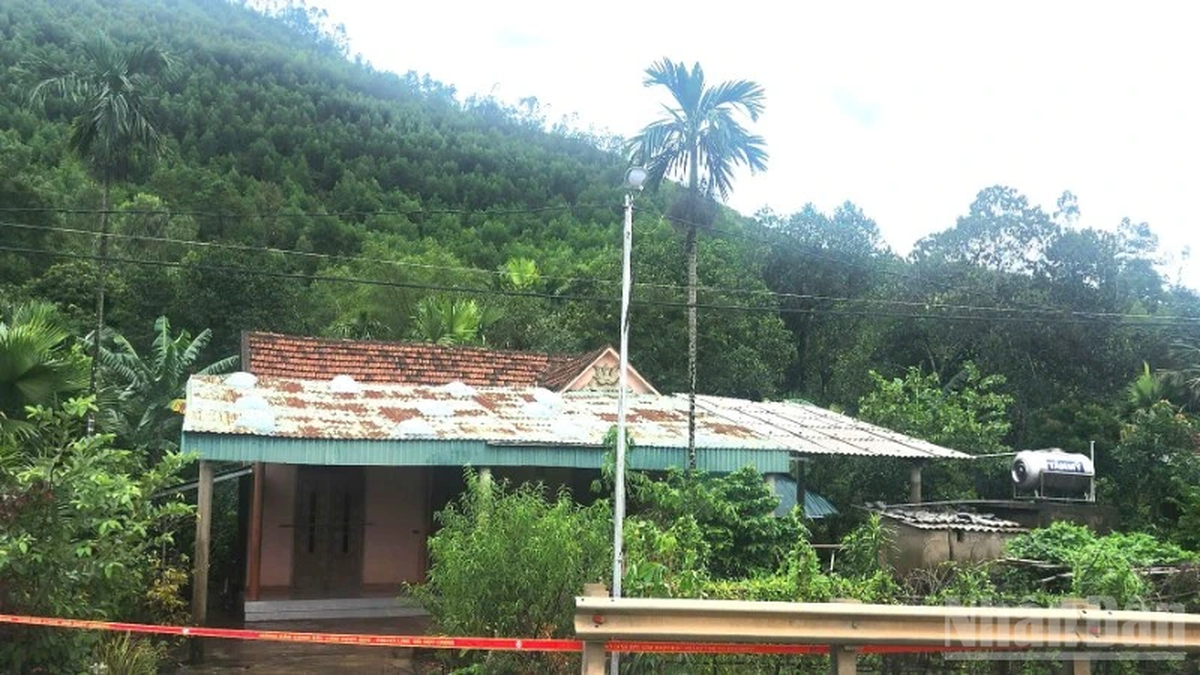
![[Photo] National Assembly Chairman Tran Thanh Man receives foreign ambassadors who came to say goodbye](https://vphoto.vietnam.vn/thumb/1200x675/vietnam/resource/IMAGE/2025/10/30/1761820977744_ndo_br_1-jpg.webp)
![[Photo] Touching scene of thousands of people saving the embankment from the raging water](https://vphoto.vietnam.vn/thumb/1200x675/vietnam/resource/IMAGE/2025/10/30/1761825173837_ndo_br_ho-de-3-jpg.webp)
![[Photo] General Secretary To Lam meets former British Prime Minister Tony Blair](https://vphoto.vietnam.vn/thumb/1200x675/vietnam/resource/IMAGE/2025/10/30/1761821573624_tbt-tl1-jpg.webp)
![[Photo] General Secretary To Lam attends the Vietnam-UK High-Level Economic Conference](https://vphoto.vietnam.vn/thumb/1200x675/vietnam/resource/IMAGE/2025/10/30/1761825773922_anh-1-3371-jpg.webp)



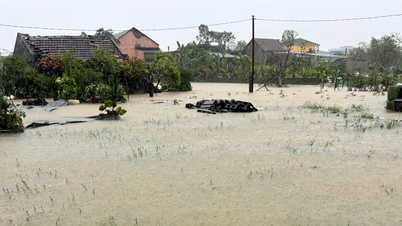

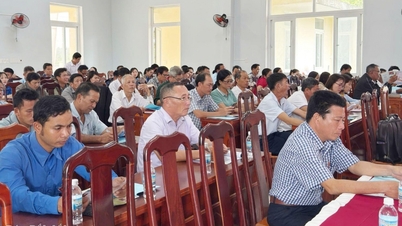

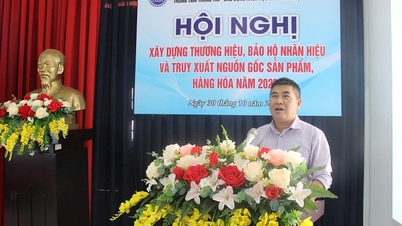





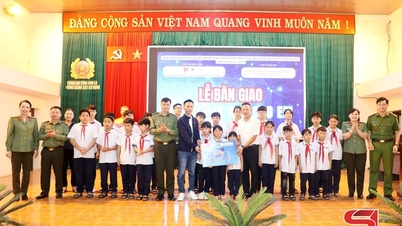
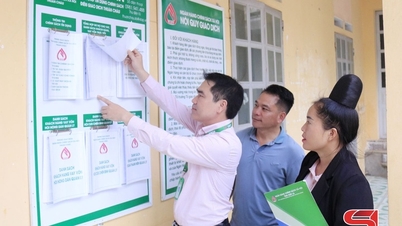
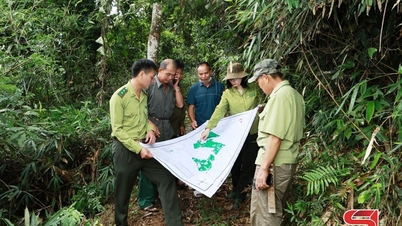
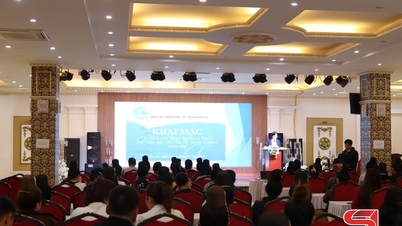

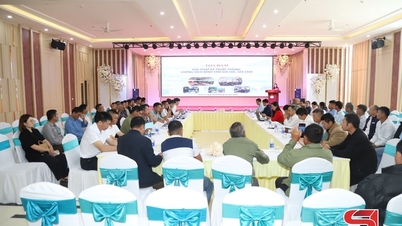




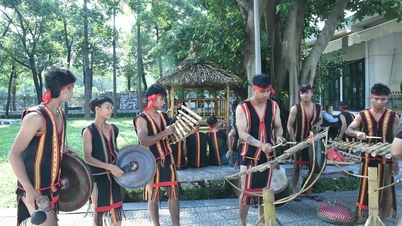

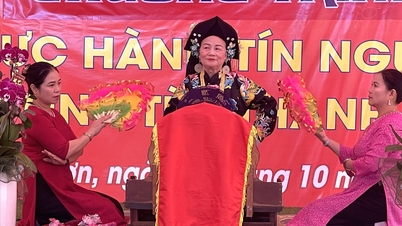





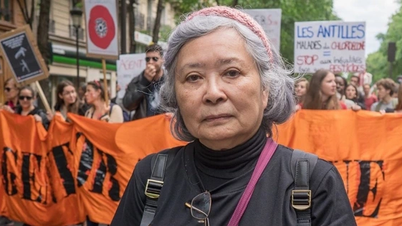

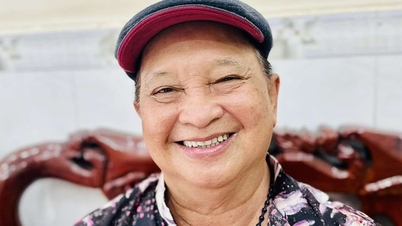





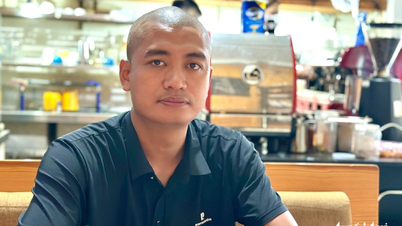

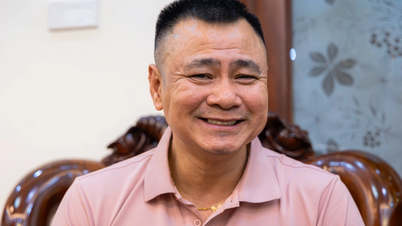

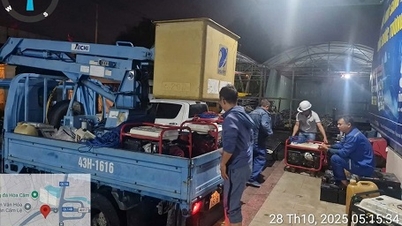



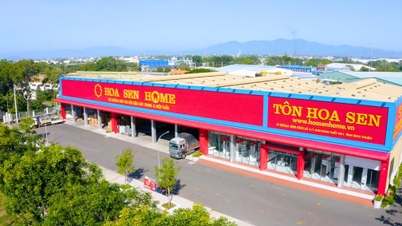


















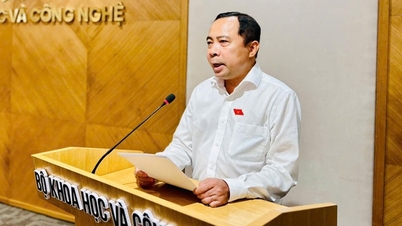

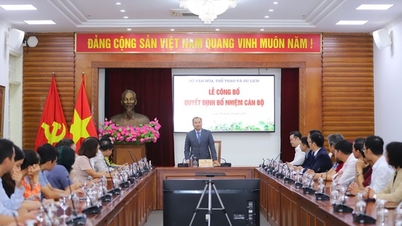




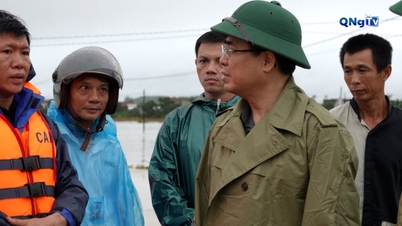

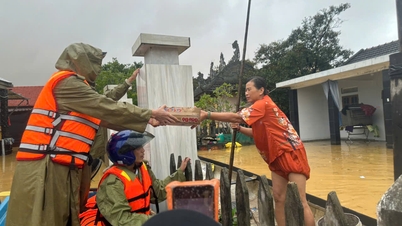

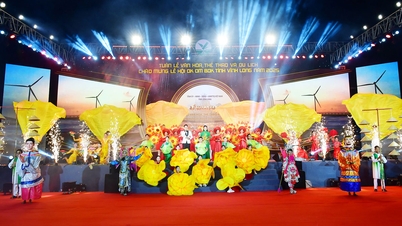

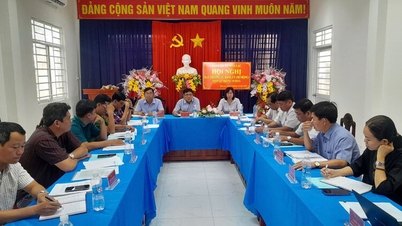

















Comment (0)